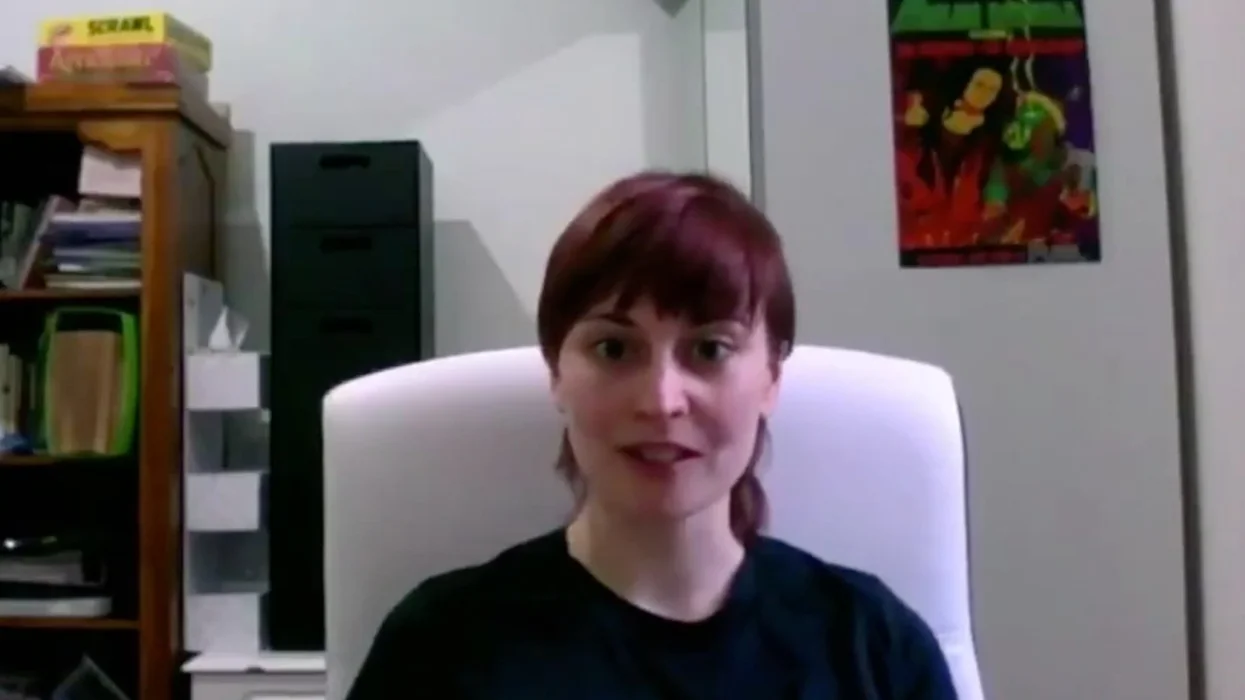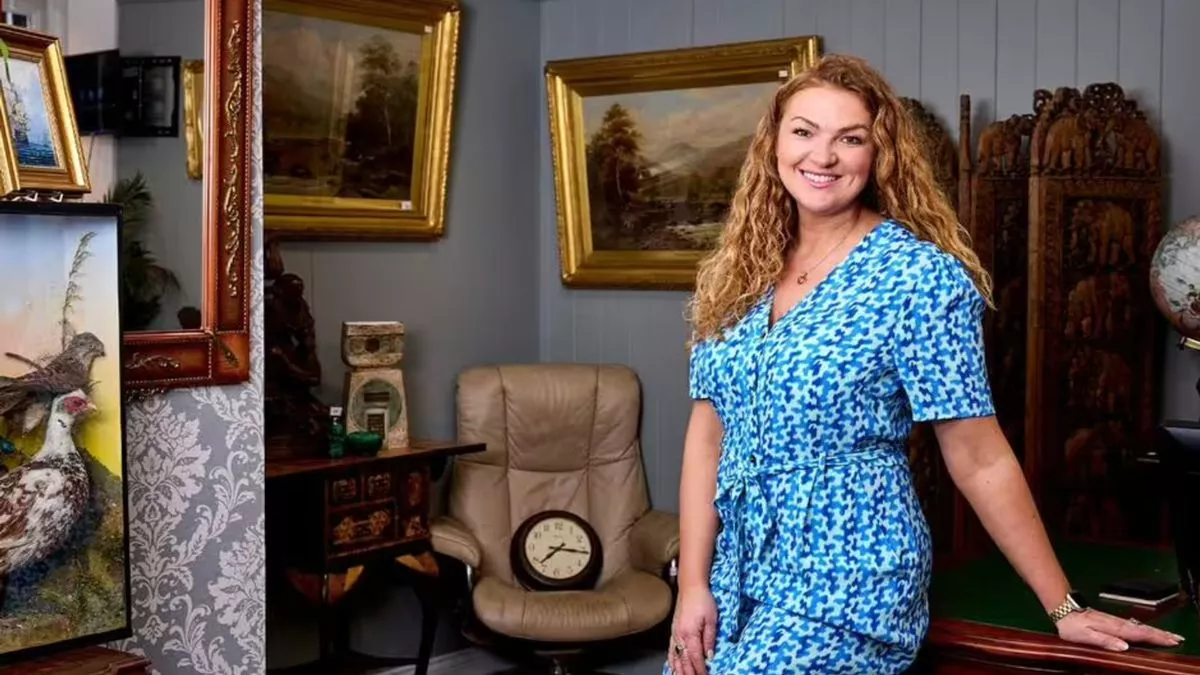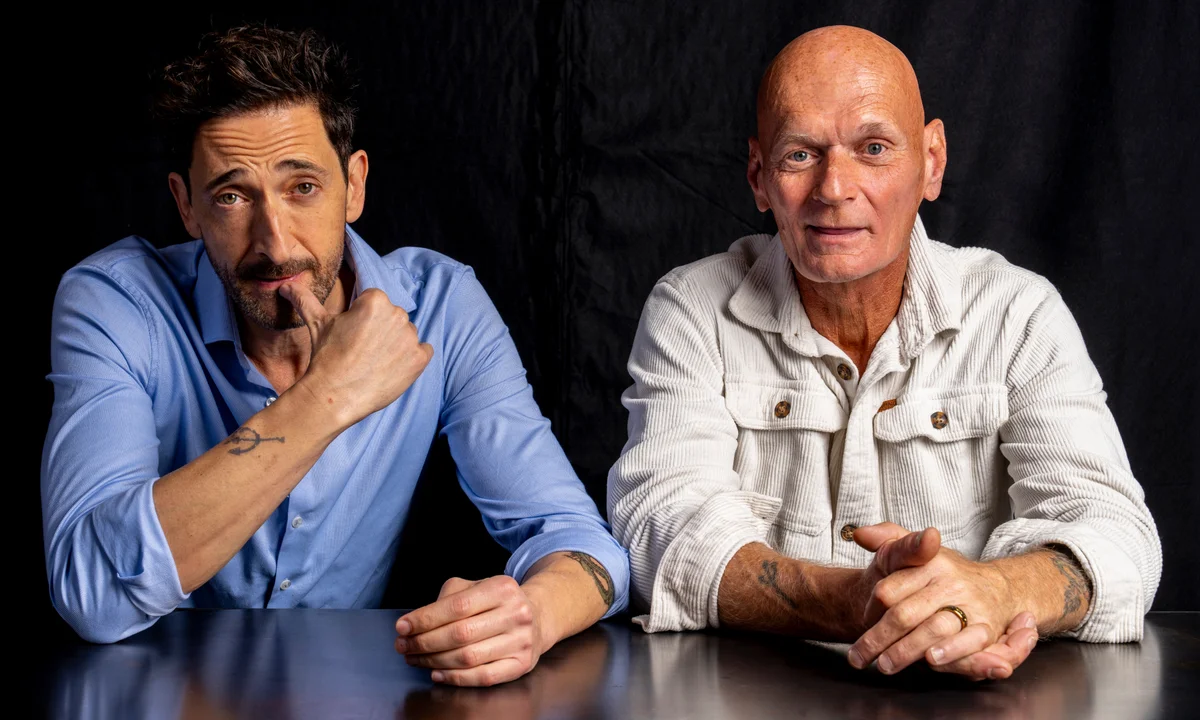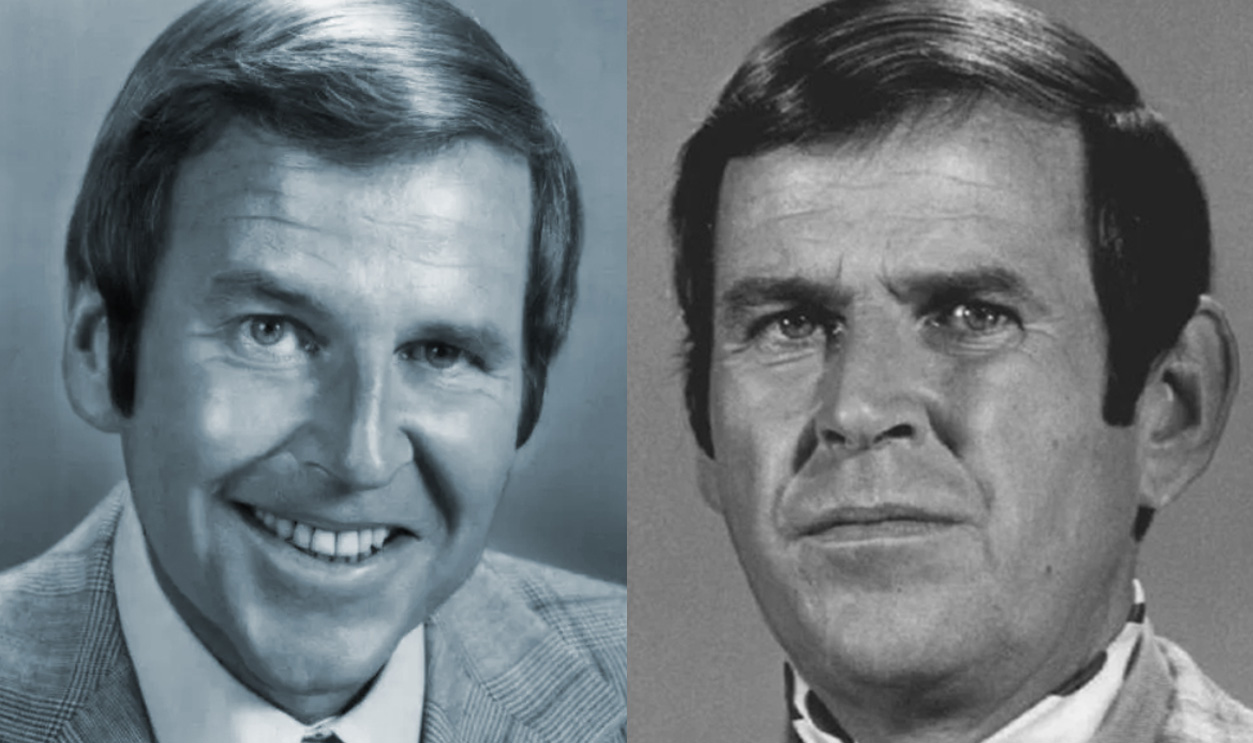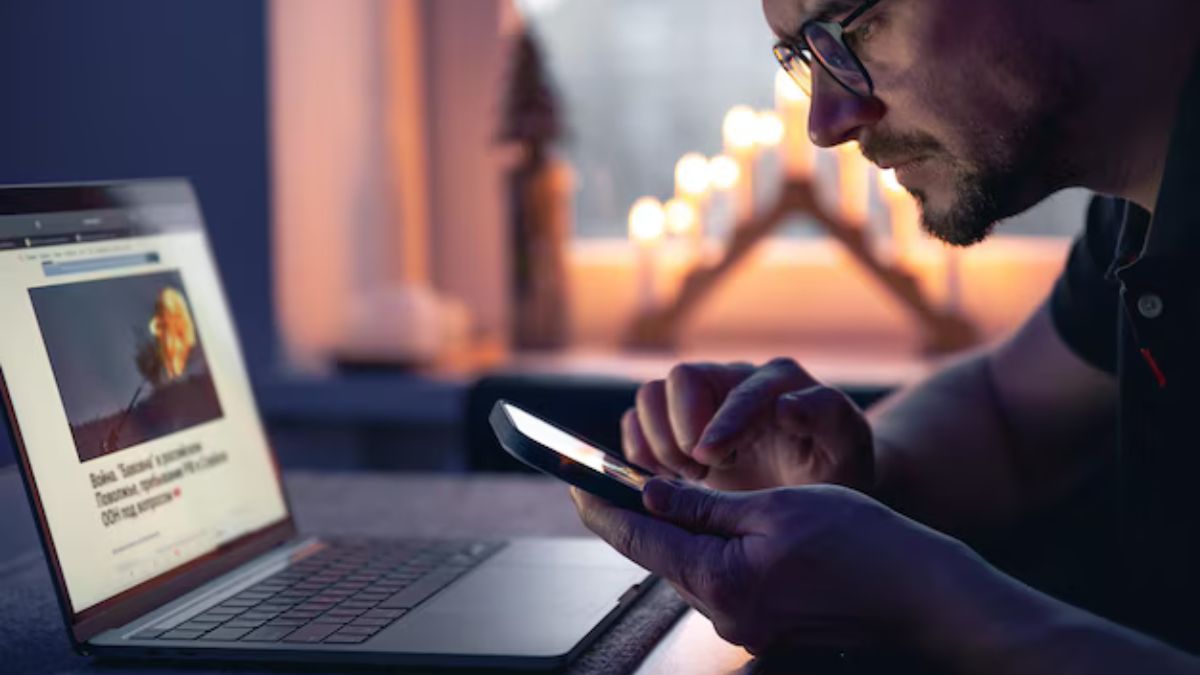In the age of video calls and digital media, the most unexpected moments can catapult ordinary individuals into the spotlight. One such figure is Yvette Amos, who gained viral fame not for a planned media appearance but for a subtle, hilarious, and wholly unintentional background detail during a BBC Wales news interview. Her name has since become associated with one of the internet’s most charming and unforgettable video-call mishaps. But who is Yvette Amos beyond that iconic moment? This article explores her rise to fame, her background, and the broader implications of the culture of virality in the digital era.
The Moment That Changed Everything
Yvette Amos was thrust into the global spotlight during a BBC Wales news segment in early 2021. Appearing as a guest to discuss the serious and growing concern over unemployment and access to mental health resources during the COVID-19 pandemic, she offered thoughtful commentary. However, it wasn’t her words alone that captivated viewers.
In the background of her Zoom frame sat an unmissable item—a distinctly shaped adult toy—neatly placed on a bookshelf, clearly visible behind her. While she carried on with poise and professionalism, the internet quickly caught on to the visual anomaly, and within hours, the clip had gone viral across social media platforms. Memes, reactions, and think pieces followed.
The world had found its latest accidental internet star.
Who Is Yvette Amos?
Despite the viral fame, very little public information exists about Yvette Amos beyond her brief moment of fame. This scarcity of personal details has added to the mystery and allure surrounding her. What is known is that she is based in Wales, UK, and was invited onto the program to share her views as a citizen affected by pandemic-related economic and social issues.
She handled the accidental exposure with grace, remaining composed during and after the incident. Her silence afterward only intensified public curiosity. Some even praised her for normalizing the human side of working from home—an era where personal and professional lives often collide.
Her brief moment under the spotlight opened up broader conversations around digital etiquette, privacy, and how accidental fame can affect individuals who never sought it in the first place.
The Internet Reacts
When Yvette Amos’s BBC appearance aired, it didn’t take long for Twitter, Reddit, and TikTok users to clip the footage and zoom in on the now-infamous object in the background. Hashtags like #YvetteAmos and #ShelfGate began trending. While many users found humor in the situation, a large number also defended her, calling for empathy and understanding.
The incident occurred during a time when many people were adjusting to remote work and struggling with home office setups. It became a shared joke that transcended judgment, with much of the commentary focused on the absurdity and relatability of the moment. Several viewers even remarked that it was a perfect reflection of 2021’s chaotic energy—trying to maintain normalcy while the world unraveled.
The Rise of Accidental Fame
Yvette Amos is not the first—and certainly won’t be the last—to go viral for something entirely unintended. The digital age is full of people who have become famous overnight for small moments: from the BBC Dad whose children hilariously interrupted a live interview, to the lawyer who accidentally turned on a cat filter during a court Zoom call.
What makes Amos’s case unique is how her moment was both humorous and oddly unifying. It touched on the collective experience of living, working, and trying to function in the same physical space during lockdown. Her composed demeanor throughout the ordeal was also widely praised, offering a calm contrast to the humorous chaos in the background.
It raised questions too: should accidental internet stars be celebrated or protected? Is public curiosity fair game when someone’s private life unintentionally becomes public?
Impact on Online Culture and Media
The Yvette Amos incident reflects how easily personal content can become viral, especially in an era where work-from-home is the norm. It also highlighted how modern audiences are craving authenticity—even if it comes in the form of accidental hilarity.
Some media commentators praised the moment as an example of “accidental realness,” contrasting the usually polished and filtered imagery people post online. Others used it as a springboard to discuss Zoom etiquette and how personal privacy is often compromised without consent.
Meanwhile, the story also revealed how fast online audiences can turn a clip into a meme, and how those memes evolve beyond the original context. While it began as a humorous screenshot, it quickly turned into an example of online virality, media literacy, and even internet ethics.
Yvette Amos in the Broader Context of Memes
Yvette Amos has unofficially entered the internet’s meme hall of fame. Her image joins a roster of viral icons—most of whom never expected their faces or lives to become part of digital folklore. From the “Disaster Girl” meme to “Hide the Pain Harold,” these viral individuals often experience a complex relationship with fame.
While some capitalize on it—selling NFTs, giving interviews, or building brands—others retreat from public life entirely. Amos seems to fall into the latter category, maintaining her privacy and staying out of the media limelight despite the continued popularity of her viral moment.
This decision to remain largely anonymous has sparked even more admiration. In a world where so many seek fame, her disinterest in prolonging it seems refreshing, even noble.
Media Response and Professional Reactions
News outlets from the UK and abroad covered the Yvette Amos story. Most took a lighthearted approach, treating it as a moment of levity in an otherwise grim news cycle. Journalists praised her professional composure and empathized with her situation.
BBC, while not directly commenting on the incident, reportedly took no issue with the clip being shared, and the moment remained available on catch-up services for some time. It was a rare case where traditional media, online platforms, and audiences all seemed to embrace the humor in a unified way.
HR professionals and workplace coaches even cited the moment in articles and webinars about remote work, privacy, and preparing your environment for video calls. In this sense, the incident has served as both entertainment and education.
Why the Story Resonated Globally
The reason Yvette Amos’s story went global wasn’t just the object on her shelf—it was the perfect storm of relatability, timing, and digital reach. During lockdowns, millions were tuning into remote broadcasts, and many people were already familiar with the awkward challenges of working from home.
Her moment captured the essence of those struggles—human error, vulnerability, and humor. It was a light-hearted story during a time of deep uncertainty and collective stress. And most importantly, it gave people something to smile about.
The Legacy of a Viral Moment
Years after her BBC interview, Yvette Amos remains an internet mystery and legend. Though she hasn’t pursued public engagements or capitalized on her moment, her name still resurfaces in social media conversations, blog posts, and “top Zoom fail” listicles.
It’s a testament to the staying power of viral content—and the internet’s ability to remember. Her experience also serves as a cautionary tale and a celebration of modern digital life. One moment, one angle, one shelf—and your life can change.
A Final Word on Yvette Amos
Yvette Amos didn’t plan to go viral. She didn’t pitch a media strategy or launch a campaign. She simply logged into a Zoom call to discuss important issues—and unknowingly became a cultural phenomenon.
Her story reminds us that in the digital world, everyone has a spotlight, whether they want it or not. And sometimes, the most unforgettable icons are the ones who never asked to be remembered. While the internet has moved on to new faces and new memes, the legacy of Yvette Amos lives on—a symbol of 2021’s remote-working chaos, and an unintentional queen of internet authenticity.
FAQs
Who is Yvette Amos?
Yvette Amos is a woman from Wales who went viral after appearing on a BBC Wales news segment with an unexpected object visible in her video call background.
Why did Yvette Amos become famous?
She became famous due to a humorous background detail during a Zoom interview that captured the internet’s attention and quickly went viral.
Did Yvette Amos respond publicly to the incident?
No, she has largely remained private and did not capitalize on her internet fame, which many have found admirable.
Is Yvette Amos active on social media?
There are no verified public social media profiles known to belong to her, contributing to the mystery surrounding her identity.
What does Yvette Amos symbolize in internet culture?
She represents accidental internet fame, the relatability of working from home, and how authenticity—however unplanned—can create viral joy.

